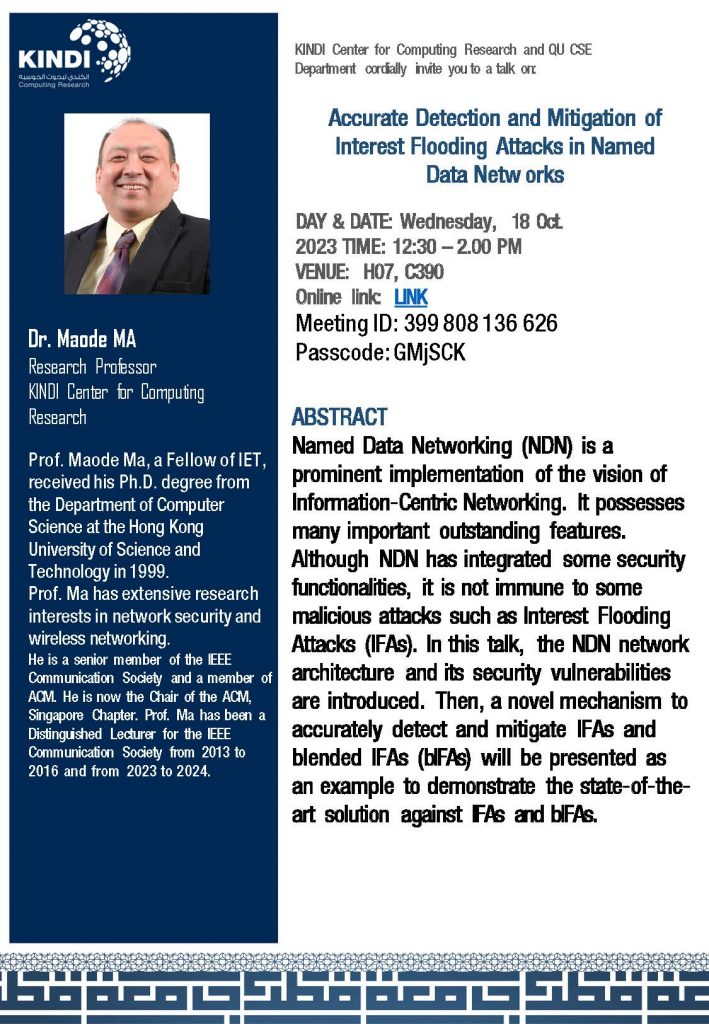Home » 2023 (Page 2)
Yearly Archives: 2023
Recent Posts
- Strengthening Industry Collaboration: CSE Hosts IAB Meeting for CS and CE Programs
- CSE Students Secure First Place at Snoonu Hackathon 2026
- CSE Faculties Receive Grants on Institutional Collaboration between Qatar University & Khalifa University
- Computer Engineering Practicum Demo Day & Contest (4th Edition)
- CSE faculty receives research funding from Google
Archives
- January 2026
- December 2025
- November 2025
- September 2025
- August 2025
- May 2025
- February 2025
- January 2025
- December 2024
- November 2024
- September 2024
- June 2024
- May 2024
- April 2024
- March 2024
- February 2024
- January 2024
- December 2023
- November 2023
- October 2023
- September 2023
- June 2023
- May 2023
- April 2023
- March 2023
- February 2023
- January 2023
- December 2022
- November 2022
- October 2022
- September 2022
- August 2022
- May 2022
- April 2022
- March 2022
- February 2022
- January 2022
- December 2021
- November 2021
- October 2021
- September 2021
- August 2021
- July 2021
- May 2021
- April 2021
- March 2021
- February 2021
- January 2021
- December 2020
- November 2020
- October 2020
- September 2020
- August 2020
Categories
CSE receives Three QRNF Academic Research Grants (ARG)
November 5, 2023 / Leave a comment
Our CSE department has just been awarded three Academic Research Grants (ARG) from the Qatar National Research Fund (QNRF) in its inaugural round. The three awarded projects are led by Prof. Amr Mohamed, Prof. Somaya Almaadeed, and Dr. Ahmed Badawy.
Here are more details about the awarded projects:
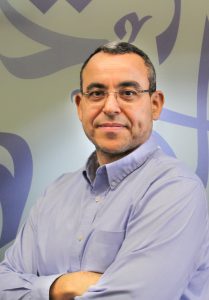
The PervasiveAeroAgents platform’s primary objectives are designed to address important challenges facing disaster scenarios, including 1) establishing the system architecture and describing coordinated multi-drone features such as sensing specifications, wireless charging, intelligent detection algorithms, and autonomous navigation. 2) Developing AI-based computer vision techniques using machine learning, to detect and identify objects and individuals among the debris, while using Reinforcement learning (RL) and online learning (OL) techniques for autonomous navigation, speeding up search and rescue operations in stochastic and highly changing environments. 3) Developing new security protocols suitable for dynamic ad hoc group communications amongst the drones to guarantee integrity and confidentiality. Finally, 4) build a comprehensive proof-of-concept using digital twin technology to demonstrate system features and insure the efficacy of the proposed sensing and AI-based techniques for group ad hoc communication.

Project abstract: Cancer, which has been identified as a significant public health issue in Qatar and worldwide, can be diagnosed early and accurately with the help of biomedical imaging. It is true that there has been a significant increase in cases of breast, thyroid, colon, prostate, lung, and stomach cancer over the past five years [1]. For instance, Qatar has one of the highest rates of female breast cancer incidence and mortality when compared to the other Middle Eastern regions. In Qatar, the latest Qatar National Cancer Registry (QNCR) report of 2020 revealed that breast cancer had the highest incidence among all types of cancers. It accounted for 37% of all cancer cases, with 218 new cases reported. Colorectal cancer ranked second among female cancers, comprising 10.7% of cases with 62 reported instances. Thyroid cancer held the third position, representing 7.2% of female cancer cases with 42 reported cases [2]. Due to a variety of factors, including lifestyle choices, environmental effects, and other factors, there are an increasing number of cases of breast cancer in Qatar and the surrounding nations. Imaging and biomedical imaging techniques, such as histology image [3], and/or positron emission mammography (PEM) for breast cancer screening [4], are frequently used by caregivers to accurately detect the spread of cancer in the human body. To locate, segment, and categorize malignant tumors, these biomedical imaging approaches rely on image processing and Artificial Intelligence (AI) [4]. Both AI and computational imaging and analytics for cancer detection layer of these imaging approaches are not sufficient to provide accurate diagnose of cancer and doctors do not understand the science behind the result. Therefore, we need a much smarter way to explain and hence link the results to the clinical data. Together with medical doctors in Qatar and UAE we aim to develop new tools and techniques for multimodal breast tumor classification based on integrative data analysis from imaging and clinical data including histopathological and OMICs. We aim to develop explainable AI tools to outline how the AI produced a certain result. AI can be used as a support system that scans image and process corresponding clinical data by extracting the areas, features, or data with a high probability of cancer to simplify a doctor’s job and provide additional hints for medical care and competence. Furthermore, this proposal aims to decipher the molecular pathogenesis of breast cancer using artificial intelligence through integration of histopathological images and OMICs data from different breast cancer subtypes. Multimodal data fusion of morphology, gene expression, and DNA mutations using IHC and OMICs technology has yet to be explored in depth. Implementing this approach using AI and Deep Learning (DL) can lead to a more accurate diagnosis of the disease and timely treatment. This will improve their overall survival and decrease the economic burden of breast cancer.
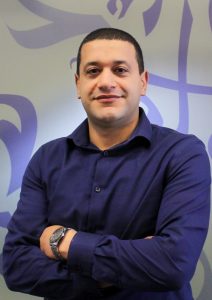
Project abstract: The Open Radio Access Network (O-RAN) is on track to completely transform the telecommunications ecosystem in the coming decade. O-RAN specifications are expected to drive 50% of RAN-based revenues by 2028 for public networks and by 2027 for enterprise and industrial cellular segments and will exceed traditional RAN by 2030. This research proposal aims to investigate and develop a reliable O-RAN framework for time-critical and high-resource-demanding healthcare applications.
CSE members win the best paper award at ISNCC 2023
November 5, 2023 / Leave a comment
A team of CSE faculty members and undergraduate students has received the best paper award at the 10th International Symposium on Networks, Computers and Communications (ISNCC’23), held in Doha, Qatar, between October 23-26, 2023.
The awarded paper is titled “Asthma Assessment Device for Pediatric Patients: A Proof of Concept” and co-authored by Dr. Khalid Abualsaud and Dr. Elias Yaacoub, in addition to a group of undergraduate students (Muneera Al-Ghafran, Fatemeh Ahmadizadeh, Asma Alnaimi) from our CSE department, who worked on this idea in their senior design project in the academic year 2022-2023. The work consists of building a proof of concept that uses various sensors to monitor asthma attacks for children under twelve years of age, achieving high levels of accuracy. This paper was contributed as an outcome of research project NPRP13S-0205-200270 from the Qatar National Research Fund (QNRF) led by Dr. Khalid Abualsaud.

Invitation to seminar| Accurate Detection and Mitigation of Interest Flooding Attacks in Named Data Networks
October 16, 2023 / Leave a comment
Invitation to SEMINAR | Are you a human? Identifying Texts Generated by AI models
October 2, 2023 / Leave a comment
Don’t miss the seminar!
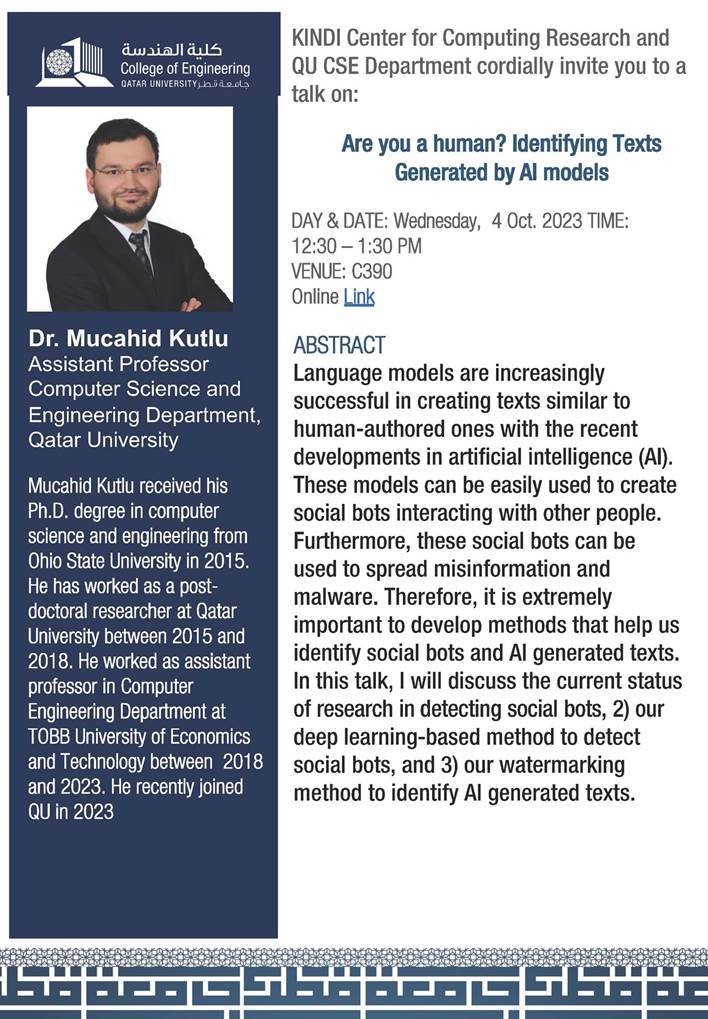
QU Team Secures 3rd Place in ICPC Programming Competition, Earns Ticket to Egypt
September 26, 2023 / Leave a comment
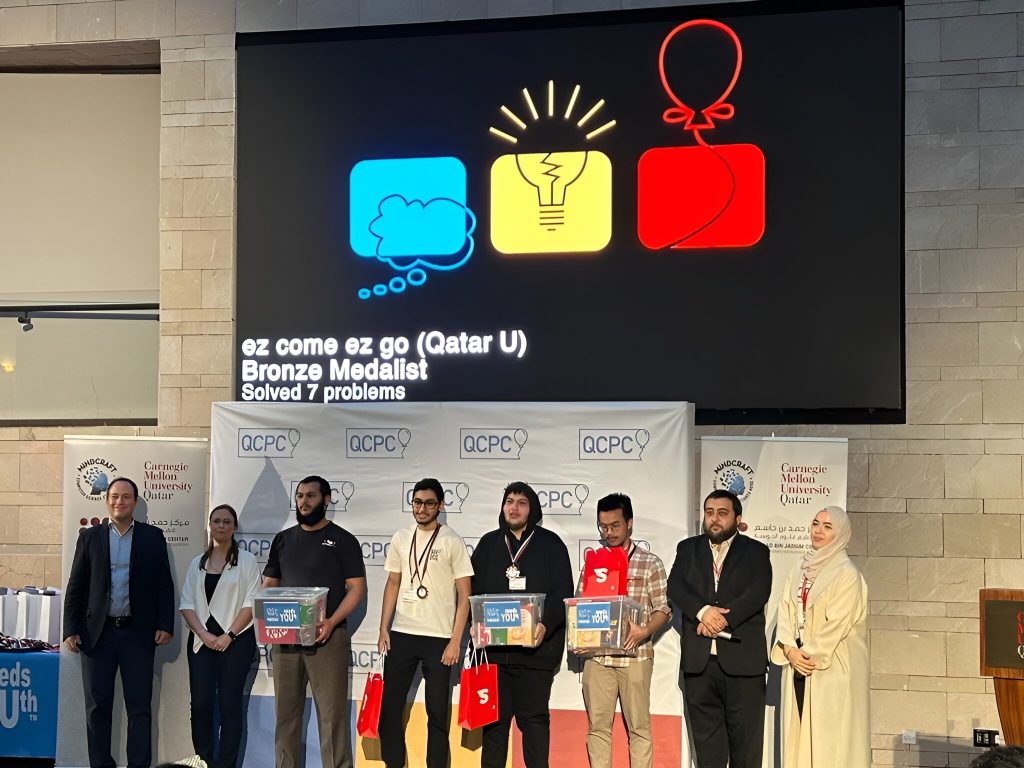
In an impressive showing of skills and determination, a team of students from Qatar University has secured the third spot in the highly competitive Qatar Collegiate Programming Contest (QCPC), part of the International Collegiate Programming Contest (ICPC). Often regarded as the “Programming World Cup,” ICPC challenges teams to tackle algorithmic problems and devise programming solutions. The accomplished team, composed of Aly Soliman, Mohamed Fauzan, and Omar Elshenhabi, demonstrated remarkable programming skills and problem-solving abilities, earning them their place in the regional competition. Their achievement is a testament to their hard work and dedication in the field of programming.
The national stage of the competition (QCPC), hosted at Carnegie Mellon University-Qatar, provided a platform for teams across Qatar to go for a chance to advance to the regional level. This event served as a qualifying round for the Africa and Arab Regional Competition (ACPC), scheduled to be held in Egypt’s Sharm El Sheikh end of this year.
As they prepare to represent Qatar on the regional stage, the students are poised to compete among the top talents in the region. While they secured third place nationally, Qatar University takes pride in their accomplishment, and we eagerly anticipate their performance in Egypt. We extend our best wishes to the team and their coach, Hamza Saleh , as they prepare for the next phase of the ICPC.
AI Olympiad showcases talent of CSE students in programming, mathematics and robotics
June 24, 2023 / Leave a comment
Three students from Qatar University (QU) showcased their exceptional talent in the second edition of the Arab Artificial Intelligence Olympiad that was organized by Arab Robotics and AI Association, in collaboration with STEAM Centre on 24 June 2023, in Amman, Jordan. The event has featured five competitions that served as a platform for Arab youth of all age groups in the fields of programming, mathematics and algorithms, computer vision, cybersecurity, and embedded systems.
The outstanding participants from QU were granted the prestigious Talent Scholarship. Faisal Abdullah Salam Batis, Marcus Wein Esmiller Monteiro, and Galal Faez Salem Ban Amr excelled in various courses and secured top positions in multiple categories at the Olympiad. Marcus and Galal secured the first place in the programming course, while Marcus, Galal, and Faisal achieved the second position in the embedded systems course. Faisal also claimed the third spot in the mathematics and algorithms course.
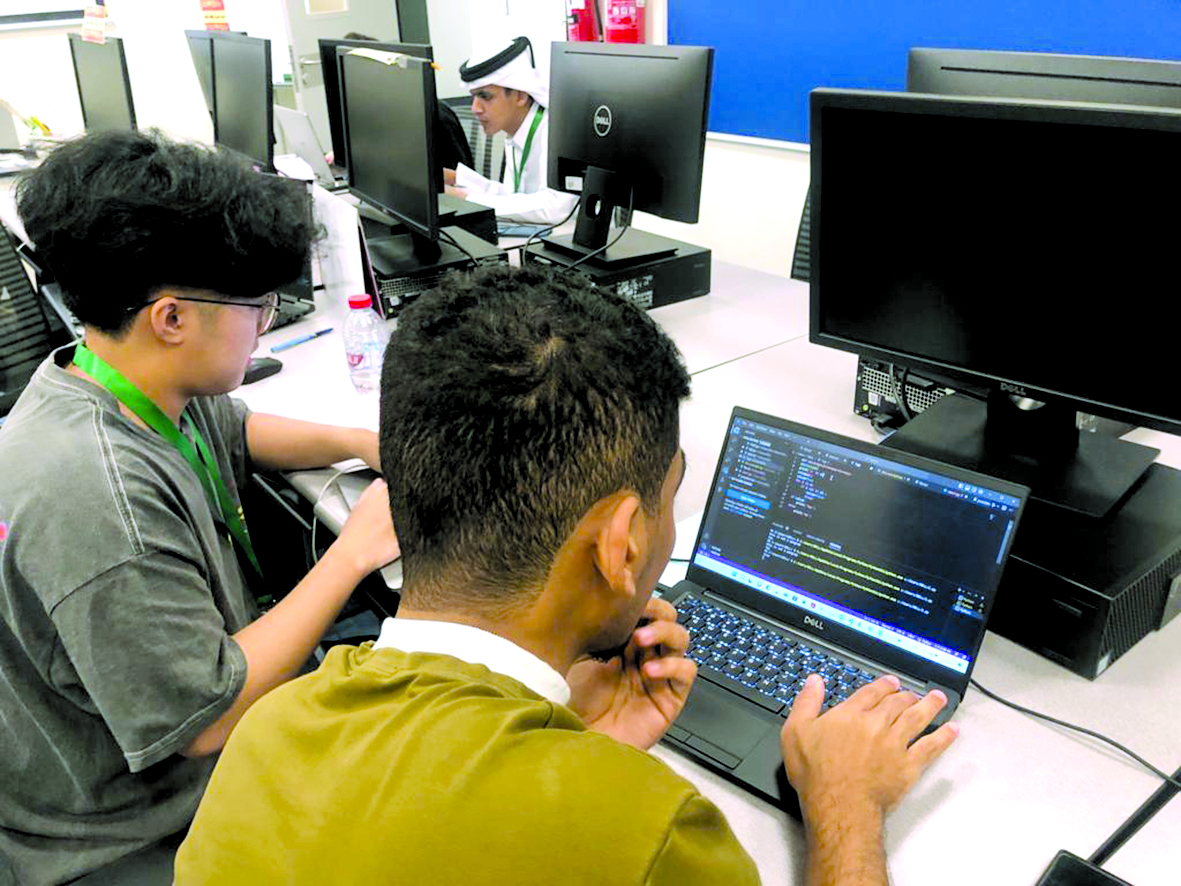
Knowing that in this year, more than 150 students from Jordan, Palestine, Kuwait, Qatar, Libya, Yemen, and Egypt representing over 20 schools and 13 universities from around the Arab world participated in the Olympiad.
Commenting on the event, Dr. Saleh Al-Hazbi, Lecturer of Computer Science at QU, said, “The Artificial Intelligence Olympiad is a competition that aims to raise awareness about the growing significance of AI in today’s world. Our participating students, who have showcased their talent in various categories, have been accepted into QU’s prestigious Talented Students Program. This program, offered at QU, aims to attract students with exceptional talents in different fields.”
Marcus Monteiro, the winner of first place in the programming course, expressed his thoughts on the experience, saying, “I, along with my fellow participant, Galal, was extremely nervous, but we realized the competition would be tough with participants from other countries. However, as we began answering the questions, we gradually gained more and more confidence. I told my colleague, ‘We will win this competition for Qatar’.” He stated, “The future of artificial intelligence is very bright. Many people believe that AI will take away people’s jobs, but we see it as a tool for the future, making us smarter and more capable.”
reference: Here

